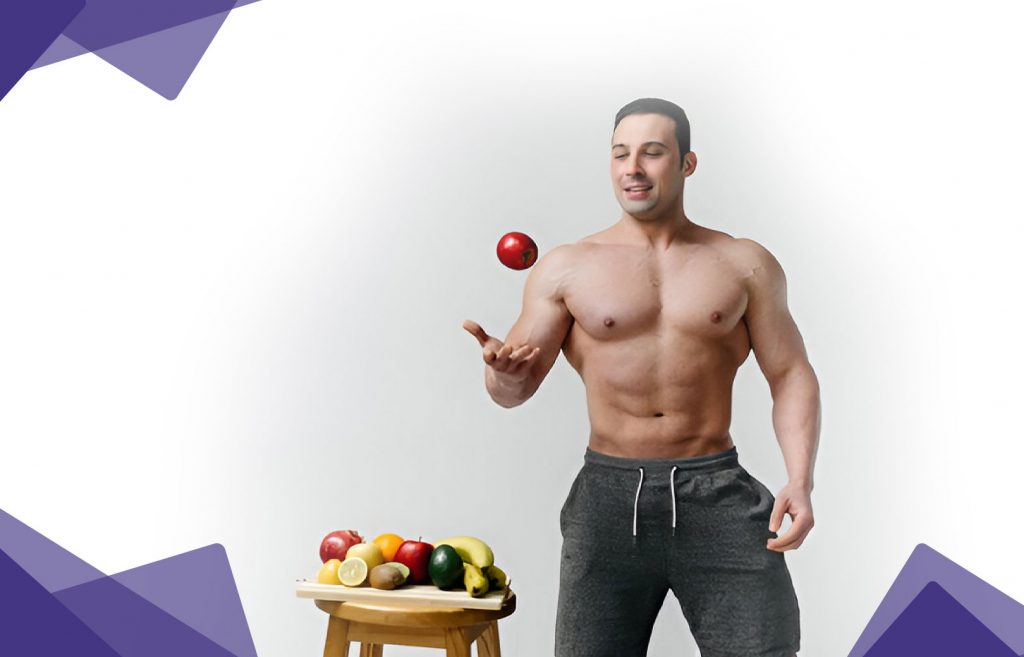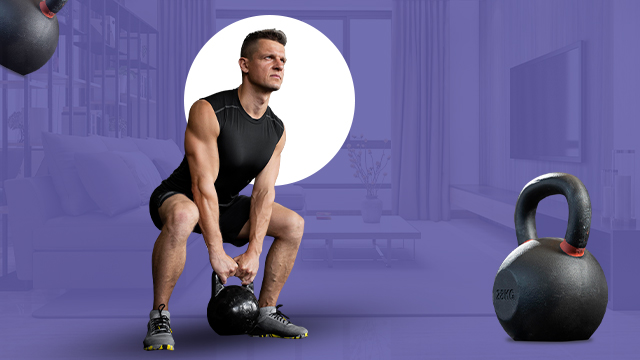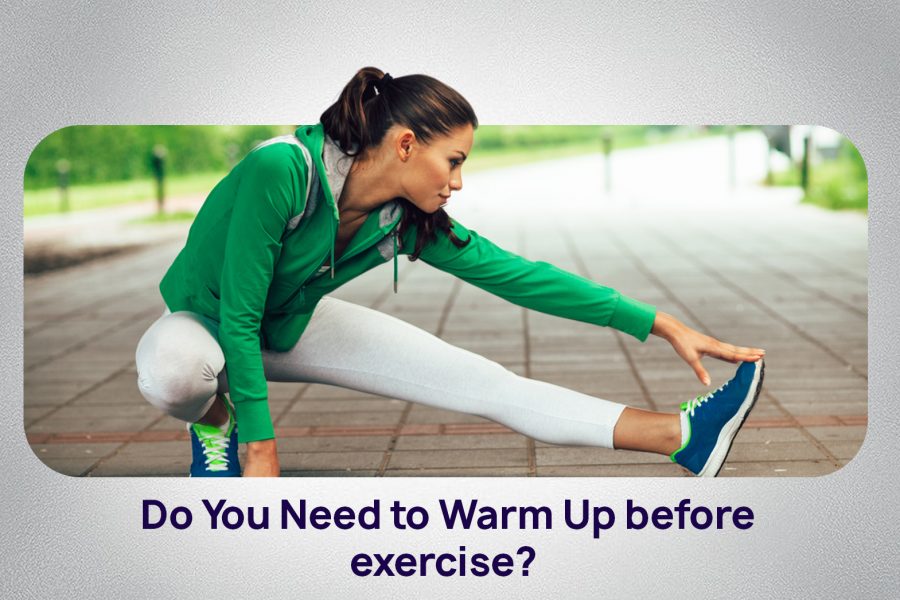
Fueling your body before a workout can make a substantial difference in how you feel and perform. Yet, many people question whether pre-workout nutrition is necessary or if they should just dive into their routine on an empty stomach. Some prefer to avoid eating before exercise to feel lighter, while others swear by a pre-workout snack for better stamina and strength. So, should you eat before a workout? Let’s explore the science-backed reasons for pre-workout nutrition, the best foods to choose, and the ideal timing to support your fitness goals.

Why Pre-Workout Nutrition Matters
Fueling Your Body for Performance
Before you even step into the gym or lace up your running shoes, your body needs energy to perform at its best. Food provides essential fuel that powers your workout by increasing glycogen levels, which are your body’s primary energy source, especially for high-intensity exercises. When glycogen stores are depleted, it’s harder to sustain high energy and maintain strong performance, as your muscles have less fuel to pull from. Balanced blood sugar levels from a small meal or snack can also keep you feeling steady and focused, helping you tackle your workout with greater ease.
Muscle Preservation and Recovery
Food before exercise doesn’t just help with energy; it plays a vital role in muscle preservation and recovery. By consuming protein and carbohydrates before a workout, you help prevent muscle breakdown. Protein provides amino acids that protect your muscles during exercise, while carbs give energy that allows muscles to work efficiently. Together, they set up a stronger foundation for recovery and help reduce soreness after a workout.
Benefits of Eating Before a Workout
Improved Performance and Endurance
Eating before a workout, especially a mix of carbohydrates and protein, can enhance performance, stamina, and endurance. Carbohydrates help you train at higher intensities for longer, while protein provides muscle support. Studies indicate that individuals who eat carbs before workouts often report feeling more energetic and capable of achieving greater strength gains, allowing for better long-term progress in their fitness routines.
Enhanced Focus and Mental Sharpness
It’s not just physical performance that benefits from pre-workout nutrition; mental sharpness improves too. Low blood sugar levels during a workout can lead to fatigue, brain fog, and reduced focus. A small snack or meal before exercise helps keep blood sugar steady, improving mental clarity and allowing you to stay fully engaged in your workout, whether you’re focusing on lifting techniques or pushing through an intense cardio session.
Faster Post-Workout Recovery
Pre-workout nutrition also has an impact on post-workout recovery. Eating before exercising prepares your body to bounce back faster by supporting protein synthesis (the muscle repair process) and glycogen replenishment. This means less soreness and faster muscle recovery, allowing you to return to training sooner and continue building strength and endurance.
Risks of Working Out on an Empty Stomach (Fasted Workouts)
Potential Muscle Loss
One downside of working out without eating, particularly for those focused on muscle gain, is the potential for muscle breakdown. When the body lacks glycogen and circulating amino acids, it may begin using protein from muscle tissue for energy. While fasted workouts can support certain goals, they may be counterproductive for those aiming to build muscle mass or maintain muscle tone.
Low Energy and Reduced Workout Intensity
Without pre-workout food, you might notice a significant drop in energy and stamina, especially during more intense workouts. Low glycogen stores mean your body will struggle to sustain the same intensity, leading to fatigue, lower calorie burn, and reduced strength gains. Many people also experience lightheadedness or dizziness when they exercise without any food in their system, especially in the morning.
Who Might Benefit from Fasted Workouts?
Fasted workouts may still be beneficial for those with specific goals, such as those aiming for fat loss or those following an intermittent fasting schedule. Some studies suggest that fasted cardio may help improve fat metabolism. However, this approach is best suited for lower-intensity activities and shorter durations, as it can increase the risk of muscle breakdown and low energy during intense workouts.

Best Foods to Eat Before a Workout
Carbohydrates for Energy
Carbohydrates are an essential part of pre-workout nutrition, providing quick energy to fuel your muscles. Here are some examples of effective pre-workout carbs:
- Oats: A small bowl of oatmeal offers slow-release energy.
- Bananas: A banana provides fast-digesting carbs, potassium, and is gentle on the stomach.
- Whole-Grain Toast: Pairing toast with a little protein, like a boiled egg, can help sustain energy levels.
Protein for Muscle Support
Protein helps prevent muscle breakdown and supports recovery, so including it in your pre-workout meal is a good idea. Effective sources include:
- Greek Yogurt: Packed with protein and probiotics for digestion, Greek yogurt is a great option.
- Eggs: Boiled eggs are convenient and offer high-quality protein.
- Protein Shake: A quick solution for busy days, shakes provide concentrated protein without heavy digestion.
Healthy Fats for Sustained Energy
While fats don’t need to be a major component of your pre-workout meal, a small amount can provide sustained energy. Ideal sources include:
- Avocado: A small portion can add healthy fats without feeling too heavy.
- Nuts: Almonds or walnuts in small quantities give a good energy boost.
- Nut Butter: A spoonful of peanut or almond butter on toast combines carbs and fat well.
Timing Your Pre-Workout Meal for Maximum Benefit
How Long Before a Workout Should You Eat?
Timing is key for optimal pre-workout nutrition. Most people benefit from eating 1-3 hours before exercise, depending on the meal size:
- Large Meal (3 hours before): Allows complete digestion and ideal for intense workouts.
- Small Meal or Snack (1-2 hours before): Provides a quick energy boost without feeling too full.
Pre-Workout Snack Ideas Based on Timing
Here are some easy-to-digest snack ideas:
- 1-3 Hours Before: Greek yogurt with berries, oatmeal with a banana, or a protein smoothie with some oats.
- 30-60 Minutes Before: A banana with peanut butter or a small handful of almonds with dried fruit.
Hydration: An Essential Part of Pre-Workout Preparation
Importance of Drinking Water Before a Workout
Hydration directly impacts workout performance. Start hydrating about 1-2 hours before your workout, aiming for around 16-20 ounces of water. Proper hydration improves circulation, reduces the risk of muscle cramps, and supports stamina, making it an essential step for optimal performance.
Electrolyte Balance and Pre-Workout Drinks
Electrolytes help balance fluids, prevent cramps, and maintain muscle function. If your workout will be intense or performed in hot weather, consider an electrolyte-rich drink or snack, such as coconut water or a banana, to help maintain balance and prevent dehydration.

Frequently Asked Questions (FAQs)
Is it okay to work out on an empty stomach?
Yes, working out on an empty stomach can be fine for some low-intensity workouts or shorter cardio sessions, but it may reduce performance and increase muscle loss for high-intensity or strength workouts.
What is the best pre-workout meal for weight lifting?
A meal with complex carbs and protein, like oatmeal with protein powder or Greek yogurt with fruit, supports energy and muscle performance during weightlifting.
How much water should I drink before a workout?
Aim to drink 16-20 ounces of water about 1-2 hours before exercising to ensure optimal hydration.
Should I avoid fats before a workout?
Fats are slower to digest, so it’s best to consume them in small amounts before a workout to avoid feeling sluggish.
How can I avoid feeling too full during my workout?
Stick to smaller meals or snacks 1-2 hours before your workout, with easily digestible carbs and protein. Avoid heavy, high-fat foods close to exercise time.






